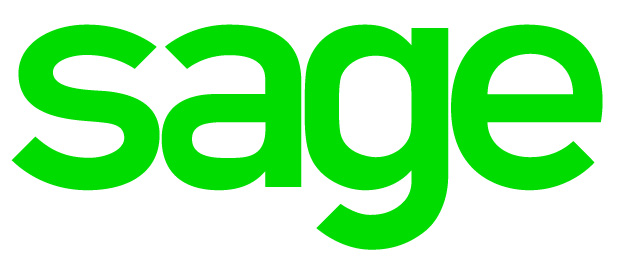The National Minimum Wage (NMW) is a minimum amount per hour that most workers in the UK are entitled to be paid. With the current furore over whether some disabled workers should get below the NMW and be topped up by benefits see below for the current rates and where to get help if you think you are being paid below the minimum wage rate.
What are the current NMW rates?
There are different levels of NMW, depending on your age and whether you are an apprentice, but not if you have a disability. The current rates are:
- £6.50 – the main rate for workers aged 21 and over
- £5.13 – the 18-20 rate
- £3.79 – the 16-17 rate for workers above school leaving age but under 18
- £2.73 – the apprentice rate, for apprentices under 19 or 19 or over and in the first year of their apprenticeship
If you are of compulsory school age you are not entitled to the NMW. Some of your other employment rights are also different.
Entitlement to the National Minimum Wage (NMW)
Most workers in the UK over compulsory school leaving age are legally entitled to be paid at least the NMW and all employers have to pay it to you if you are entitled to it. It makes no difference:
- if you are paid weekly or monthly, by cheque, in cash or in another way
- if you work full time, part time or any other working pattern
- if you work at your employer’s own premises or elsewhere
- what size your employer is
- where you work in the UK
You are entitled to the NMW even if you sign a contract agreeing to be paid at a lower rate. This is regardless of whether you sign of your own free will or because your employer persuades or makes you. The contract will have no legal effect and you must still be paid the proper rate.
If you are not sure if you should be paid at least the NMW please contact HMRC at www.hmrc.gov.uk






